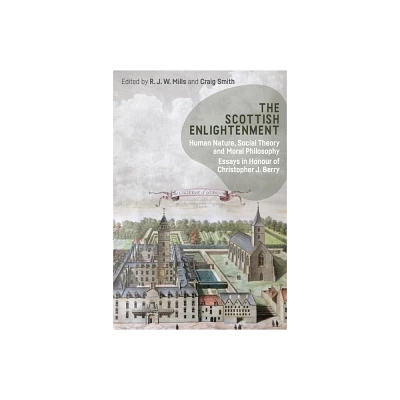Home
the Rise of Common-Sense Conservatism: American Right and Reinvention Scottish Enlightenment
Loading Inventory...
Barnes and Noble
the Rise of Common-Sense Conservatism: American Right and Reinvention Scottish Enlightenment
Current price: $43.00


Barnes and Noble
the Rise of Common-Sense Conservatism: American Right and Reinvention Scottish Enlightenment
Current price: $43.00
Loading Inventory...
Size: Hardcover
*Product Information may vary - to confirm product availability, pricing, and additional information please contact Barnes and Noble
In the years following the election of Donald Trumpa victory that hinged on the votes of white Midwesterners who were both geographically and culturally distant from the media’s coastal concentrationsthere has been a flurry of investigation into the politics of the so-called “common man.” The notion that the salt-of-the-earth purity implied by this appellation is best understood by conservative politicians is no recent development, though. As Antti Lepistö shows in his timely and erudite book, the intellectual wellsprings of conservative “common sense” discourse are both older and more transnational than has been thought. In considering the luminaries of American neoconservative thoughtamong them Irving Kristol, Gertrude Himmelfarb, James Q. Wilson, and Francis FukuyamaLepistö argues that the centrality of their conception of the common man accounts for the enduring power and influence of their thought. Intriguingly, Lepistö locates the roots of this conception in the eighteenth-century Scottish Enlightenment, revealing how leading neoconservatives weaponized the ideas of Adam Smith, Thomas Reid, and David Hume to denounce postwar liberal elites, educational authorities, and social reformers. Their reconfiguration of Scottish Enlightenment ideas ultimately gave rise to a defining force in modern conservative politics: the common sense of the common man. Whether twenty-first-century politicians who invoke the grievances of “the people” are conscious of this unusual lineage or not, Lepistö explains both the persistence of the trope and the complicity of some conservative thinkers with the Trump regime.


















